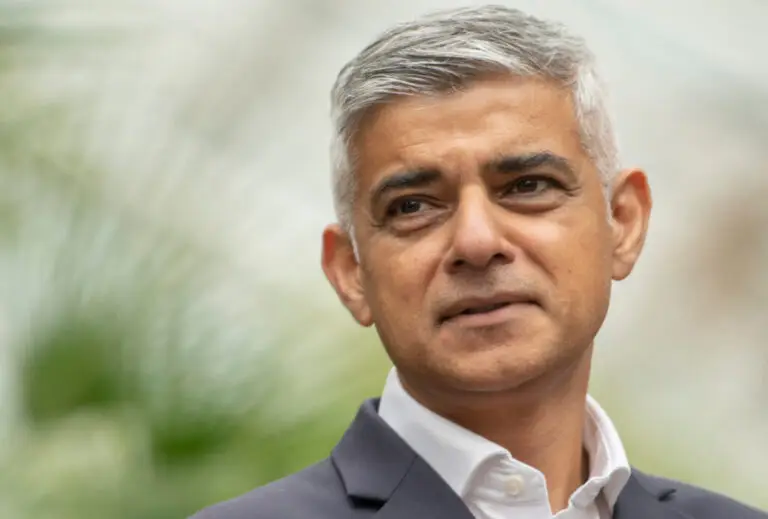Though intended to provide a time of quiet reflection, Remembrance Day has increasingly become drawn into wider debates concerning how we study, celebrate, and contextualise the British story. The prevalence of the poppy suggests an agreement around the importance of commemorating the Great War. To build on this, the Department for Education (DfE) is considering plans to broaden the scope of schools’ historical lens and create a model history curriculum which promotes a more expansive, inclusive view of events.
A greater appreciation of the social forces, combatants, and impact of events like the First World War are precisely what symbols like Remembrance Day are intended to encourage. Yet the changes to the history curriculum that the DfE are suggesting will need to be implemented amidst a difficult political context. Nadine Dorries MP, Secretary of State for the Department for Culture, Media and Sport, has been dubbed the ‘Minister of the Culture Wars’, with the teaching of history providing a key frontline for this battle. From Sir Winston Churchill through to descriptions of ‘Woke’ universities and ‘rewriting History’, the discussion is often extremely heated.
Over the past few years, the issue of commemoration has provided a symbolic reflection of this debate. In Bristol, the felling of Edward Colston’s statue due to his role in the slave trade mirrored the ongoing rows regarding the statue of Cecil Rhodes which still adorns Oriel College, Oxford. Running alongside these heavily divisive issues, the structural attempts to rebuild the history curriculum in a more inclusive and representative guise are much more subtle.
Reshaping the Curriculum
Beneath the headlines, the Department for Education has begun to pursue change. Following on from its guidance on a model music curriculum, Schools Minister Robin Walker MP has confirmed the DfE is developing a model history curriculum. Though non-statutory, the model music curriculum provides advice for schools on what content should be taught to ensure a broad musical education – featuring music from Mozart through to Destiny’s Child – and the new historical model would seek to provide similar parameters.
During a debate tabled by Streatham MP Bell Ribeiro-Addy to celebrate Black History Month, Walker noted the DfE will “work with history curriculum experts, historians and school leaders to develop a model history curriculum that will stand as an exemplar of a knowledge-rich, coherent approach to teaching history.”
More so, he stated that this new framework will allow teachers to explore “migration, cultural change and the contributions made by different communities” with their students. Through the lens of Remembrance Day, this could potentially provide a greater appreciation of the service of soldiers from across the former British Empire, for example, as well as the impact of both WW1 and WW2 on different groups and regions.
The Minister continued to note that “diversity will be an important aspect” of the plans, before concluding that: “a diverse history can be taught because history is diverse. As so many Members have said today: black history is British history.” Therefore, while the intent is there to expand the scope of the historical lens for students, the question of quite how this new curriculum will frame Britain’s own history remain unclear.
Brace for Backlash?
This is an issue which may erupt within Walker’s own party. Many Conservative MPs have trenchantly defended the UK’s national history and figures such as Churchill. Therefore, any attempts to caveat this, no matter how subtle, may be pounced upon.
This issue was wryly alluded to by fellow Conservative MP Steve Baker who – despite being supportive of the policy – asked Walker during the debate: “I say this slightly tongue-in-cheek, but it feels to me that he [Walker] is bound to be accused of being woke for what he has announced.” The Conservative Party prides itself on traditions and notions of national pride, so it will be interesting to see where the model curriculum lands on the balance between traditional Conservative values and more ‘woke’ approaches.
Though a bellwether issue for some Conservative backbenchers, there is public support for a more developed curriculum. For example, a recent poll from Ipsos Mori that 65% of adults would like secondary school pupils to be taught about Britain’s involvement in the slave trade and its impact in the world today.
Some of this is already underway. Research from the Universities of Oxford and Reading, for instance, found that 87 percent of UK secondary schools report making substantial changes to history teaching to address issues of diversity. This research also found that many secondary schools are opting to teach students about the period following the Second World War, particularly the ‘Windrush Generation’ who helped to rebuild the country following the conflict. A focus on topics like this can add a new layer to the wider veneration of Remembrance Day and provide a more textured insight into the long-term impact of the World Wars. It also suggests the DfE’s advice may just solidify a change which is already underway in classrooms across the country.




